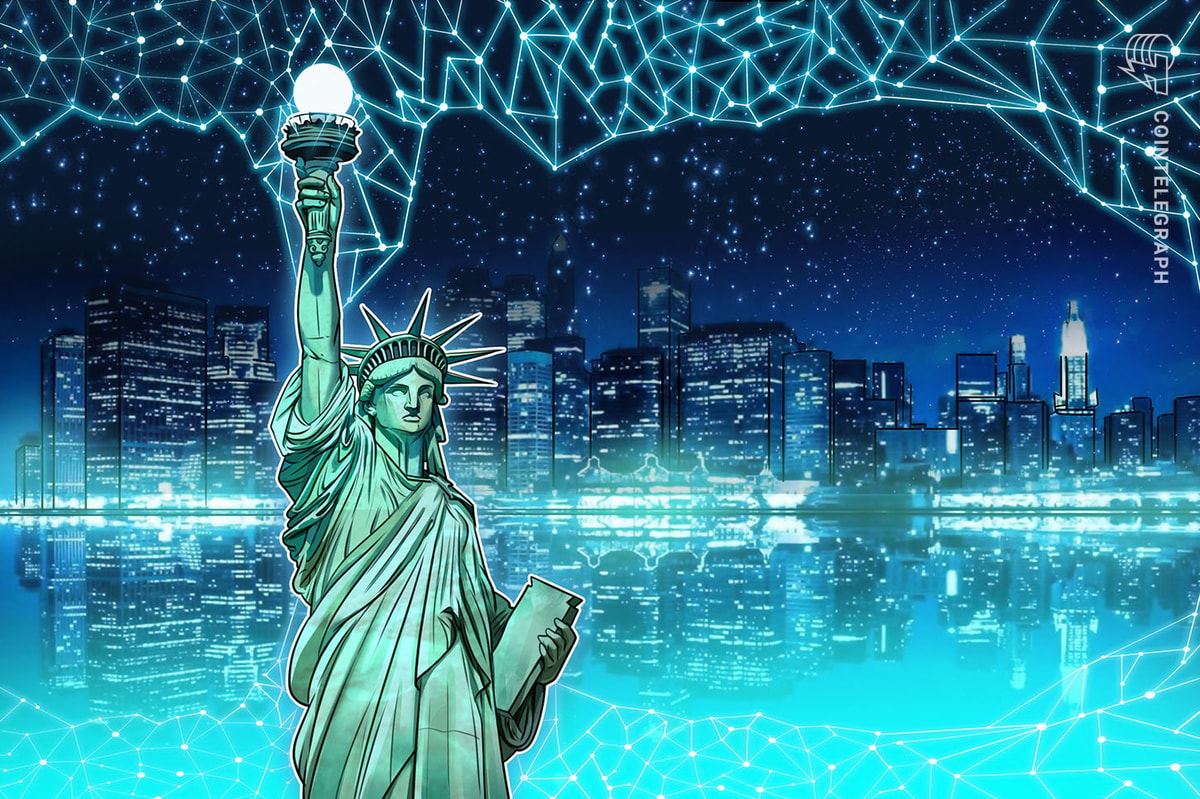The African Development Bank (AfDB) and technology giant Intel have joined forces to equip three million Africans and 30,000 government officials with advanced artificial intelligence (AI) skills.
According to a statement on the AfDB’s website, the collaboration aims to revolutionize the African digital ecosystem.
Boosting Africa’s digital transformation
The initiative aims to equip many Africans with skills in advanced technologies like artificial intelligence, robotics and data science, which are crucial for boosting economic growth and productivity across Africa.
The partnership aims to train Africans in AI, allowing the continent to play a more active role in the technology’s development and contribute to its ongoing innovation.
The training program is expected to positively impact various sectors, including agriculture, health and education. Addressing socioeconomic challenges and improving productivity may help foster sustainable development and improve Africa's overall quality of life.
Bienvenu Agbokponto Soglo, Intel’s director of government affairs Africa and International Government Affairs chief technology officer liaison, expressed Intel’s enthusiasm for the partnership. Soglo said that Intel wants to work with African governments to make advanced technologies like AI accessible to everyone, regardless of location, gender or ethnicity, helping people participate in the digital economy.
According to the statement, the partnership goes beyond individual training. It also helps African countries, regional groups and continental organizations develop consistent policies and rules for digital technologies like AI, 5G and cloud computing, creating a unified approach to digital transformation across Africa.
Africa and AI
Although African countries are currently trying to catch up in the AI field, Nigeria recently made significant progress by launching its first multilingual large language model, aiming to lead in AI development across the continent.
Related: Apple supercharging Siri and iOS with ‘Apple Intelligence’ and OpenAI
Despite its efforts, Nigeria, like many other African countries, faces a significant talent gap in building AI technology that rivals the capabilities of tech giants like OpenAI, Google and Meta.
Moreover, the high cost of training AI models poses a substantial barrier for many individuals and organizations outside the tech industry, hindering their ability to participate in the AI revolution.
Citing OpenAI as an instance, the company’s CEO, Sam Altman, mentioned the high training cost for GPT-4 and sought to raise up to $7 trillion for a project addressing the massive global shortage in semiconductor chips.
Magazine: Longevity expert: AI will help us become ‘biologically immortal’ from 2030










